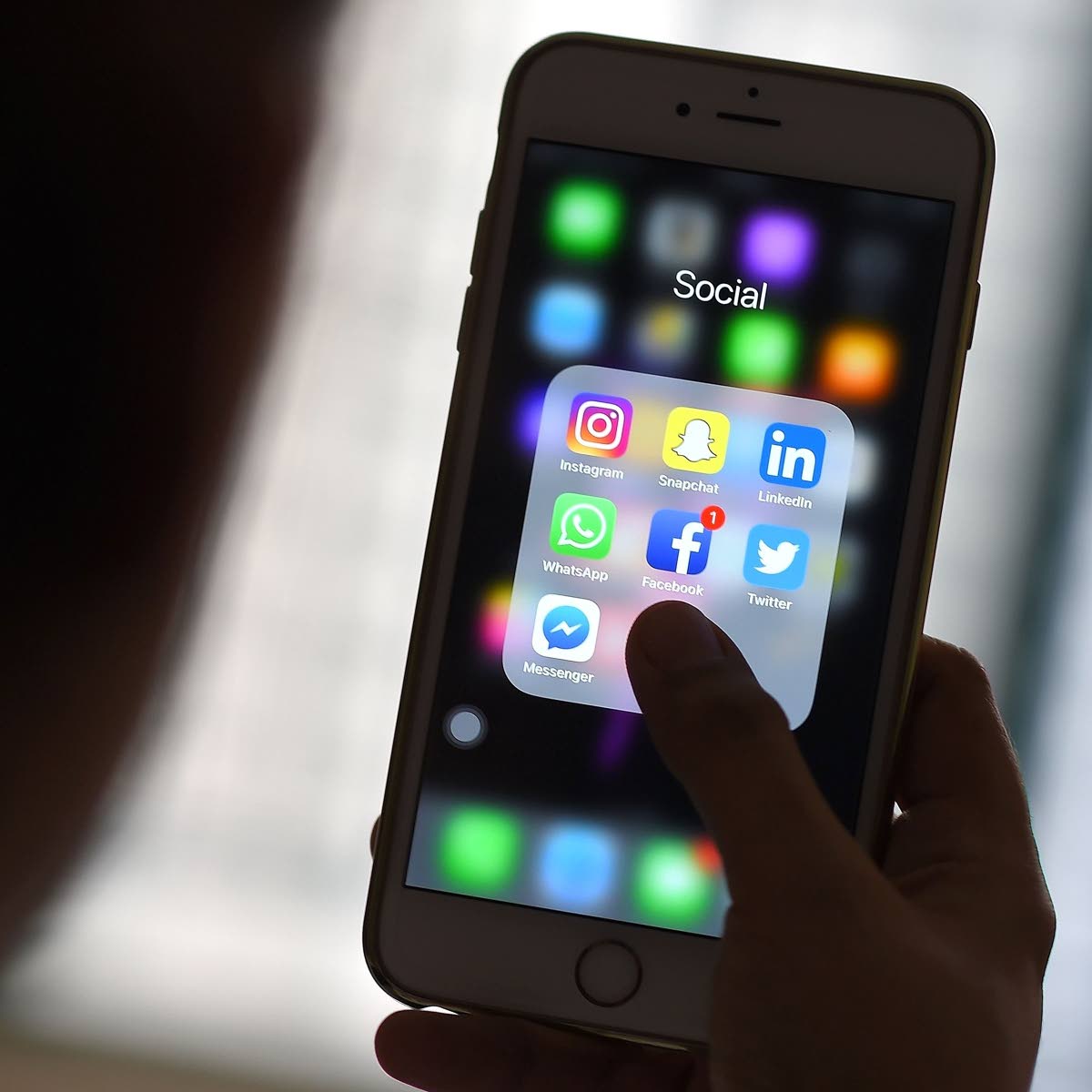Last May 9, 2022, voters in the Philippines went to the polls and made sure that their voices were heard. An unprecedented result where the son of former president Ferdinand Marcos, won by an overwhelming margin.
Ferdinand Bongbong Marcos Jr., ran on a ticket with Vice President-elect Sara Duterte — the daughter of incumbent President Rodrigo Duterte. Considered the Tiger from the North and the Eagle of the South, a resounding margin of votes paved the way for these two second generation politicians, who are seem destined to be the leaders of this country.
With the “hotly” contested campaign that was seen in platforms mainly in social media, this writer and resource person Professor Francis Quilantang discussed various learnings one can get from the recently concluded national elections.
In 1998, texting became popular in the Philippines, which later earned the undisputed title of “texting capital of the world.” Today, the Philippines has become the most “social nation” in the world. With more than 60 million active Facebook users between the ages of 18 and 65.
For the youth voters or the millennials, social media is the lifeline of information (or misinformation). Social media can provide free advertisement, highlight important advocacy work, make speeches and statements readily available, and help candidates promote their campaign messages widely and freely. In that sense, it can be seen as democratizing the electoral process.

Recognizing the potent role of social media in the election as seen in 2016 where incumbent President Rodrigo Roa Duterte made use and maximize of the platform, the 2022 digital marketing wars has notched up with a whole new level that does not only involve the campaign groups but more so, the supporters as well. Here, we have experienced a rabid and toxic election season where former friends have become enemies all because of their candidate of choice.
While social media has changed the campaign strategies, it is not the only factor that will determine the election results. Surveys remain influential particularly for the undecided voters who may rely on results of pre-election polls and succumb to the bandwagon effect. For this year, 2022 made use of rallies done in various strategic areas all over the Philippines. This is different from the 2016 election where debates shown in different TV networks gave voters a first and intimate look to their candidate of choice. For those undecided, the debates gave them additional idea on who they can vote.

Social media has indeed dramatically changed the dynamics of elections in the Philippines. In fact, the digital platform was able to remove the monopoly from the traditional media. Now, vloggers and “minor stream” media are the most sought after videos searched on YouTube.
The election fever is over and we already have new leaders. As marketers and communicators, what is important is for us to continue be on our toes and evolve with the changing times. This will be very handy as we prepare for our client’s integrated marketing communications plan, to have a theoretical and actual approach when it comes to marketing communications.
This is the lesson of the 2022 Philippine election. As for those like us, who are students of the game, we just need to have an open mind and make use of all the information that we have in our hands.






